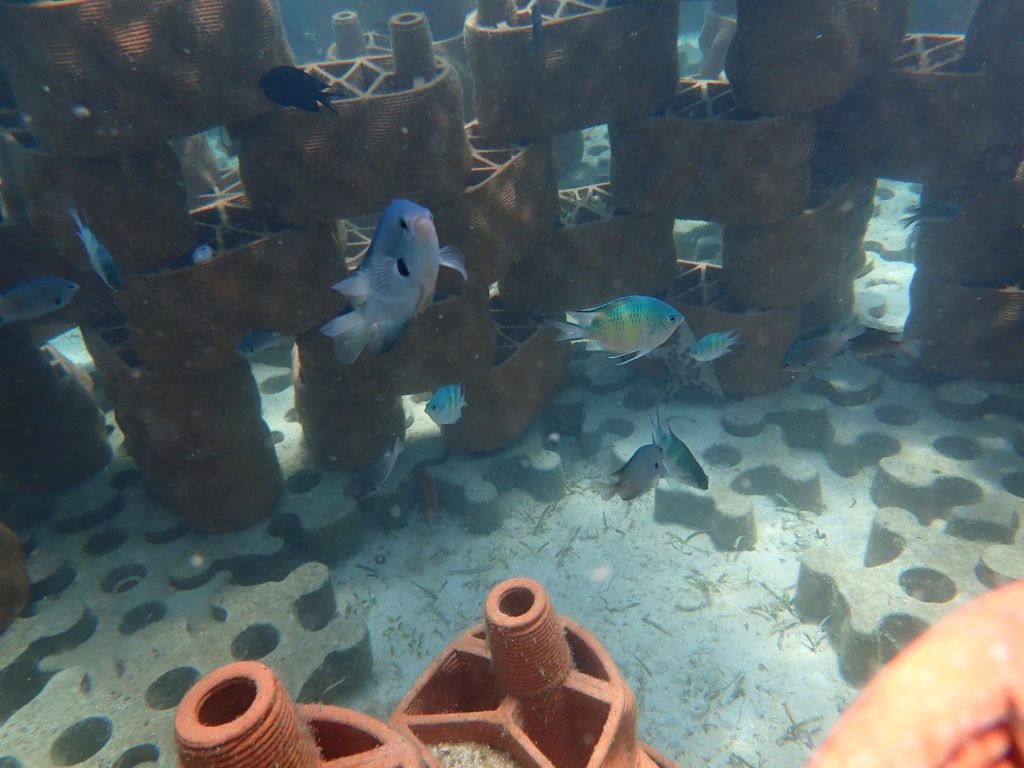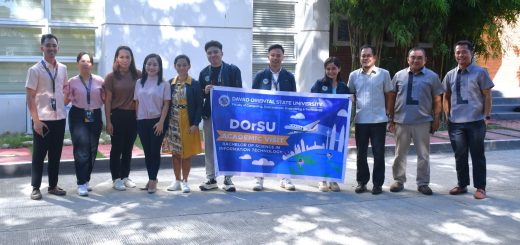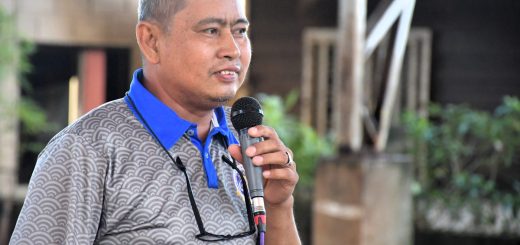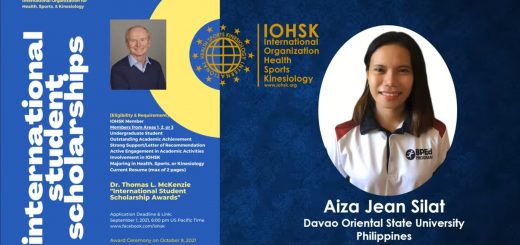Artificial Clay Bricks Installed in Pujada Bay Now Inhabited by Fish, Other Marine Organisms

An eco-engineered reef system recently installed on February 14 by RRREEFS at Pujada Bay proves successful as artificial structures attract fishes and other marine species, as confirmed in the report of Ms. Amy G. Ponce, a DOrSU researcher involved in this initiative, during her presentation today, March 12, at the DOrSU Boardroom.
“We are delighted to see the positive impact of our efforts in Pujada Bay,” Ms. Ponce said. “The artificial clay bricks serve as ideal substrates for marine organisms, providing essential shelter and breeding grounds in an area previously lacking in suitable habitats.”
The installation of these innovative clay bricks, part of a collaborative initiative led by Rethinking, Rebuilding, and Regenerating Coral Reefs (RRREEFS) and local partners, aims to enhance marine habitat diversity and promote ecosystem resilience in Pujada Bay.
Monitoring efforts conducted by marine biologists and local stakeholders have revealed a notable increase in biodiversity near the artificial clay bricks. Various fish species, crustaceans, and mollusks have been observed inhabiting the structures, indicating the project’s success in creating functional marine habitats.
“The transformation of the artificial clay bricks into thriving ecosystems underscores the importance of innovative approaches to marine conservation,” stated Dr. Lea Jimenez, a DOrSU researcher, and Director for RIC XI who is directly involved in this project. “By providing alternative habitats for marine organisms, we can help mitigate the impacts of habitat degradation and promote the recovery of marine ecosystems.”
This successful partnership of DOrSU with RRREEFS and other stakeholders is first among other initiatives DOrSU President Ponce wants to achieve.
“In the near future, we aim to focus on forest regeneration and address the issue of plastic pollution, including macro and microplastics, through initiatives such as the Plastic Tree Project to safeguard our bay. Additionally, we plan to delve into sustainable agriculture and aquaculture, utilizing regenerative and precision techniques, to ensure the longevity of our ecosystems,” DOrSU President Dr. Roy G. Ponce said in his message.
Moving forward, stakeholders remain committed to ongoing monitoring and maintenance efforts to ensure the long-term sustainability of the artificial clay brick structures in Pujada Bay. With continued collaboration among RRREEFS, Mama Earth Foundation, Inc., Malitzia, BFAR, LGU City of Mati, DENR XI, DENR – PENRO, DENR – CENRO, PTO – Davao Oriental, FTRD Center, DOST – PSTC Davao Oriental, MASONIC District R-XI Davao Oriental, Coast Guard Station – Davao Oriental, CCEF, MWA, UP Mindanao, Sawom Davao Oriental, Governor Generoso Ocean Divers, and VISCA, the project aims to serve as a model for sustainable marine conservation initiatives in the region and beyond. (DOrSU PIO)






